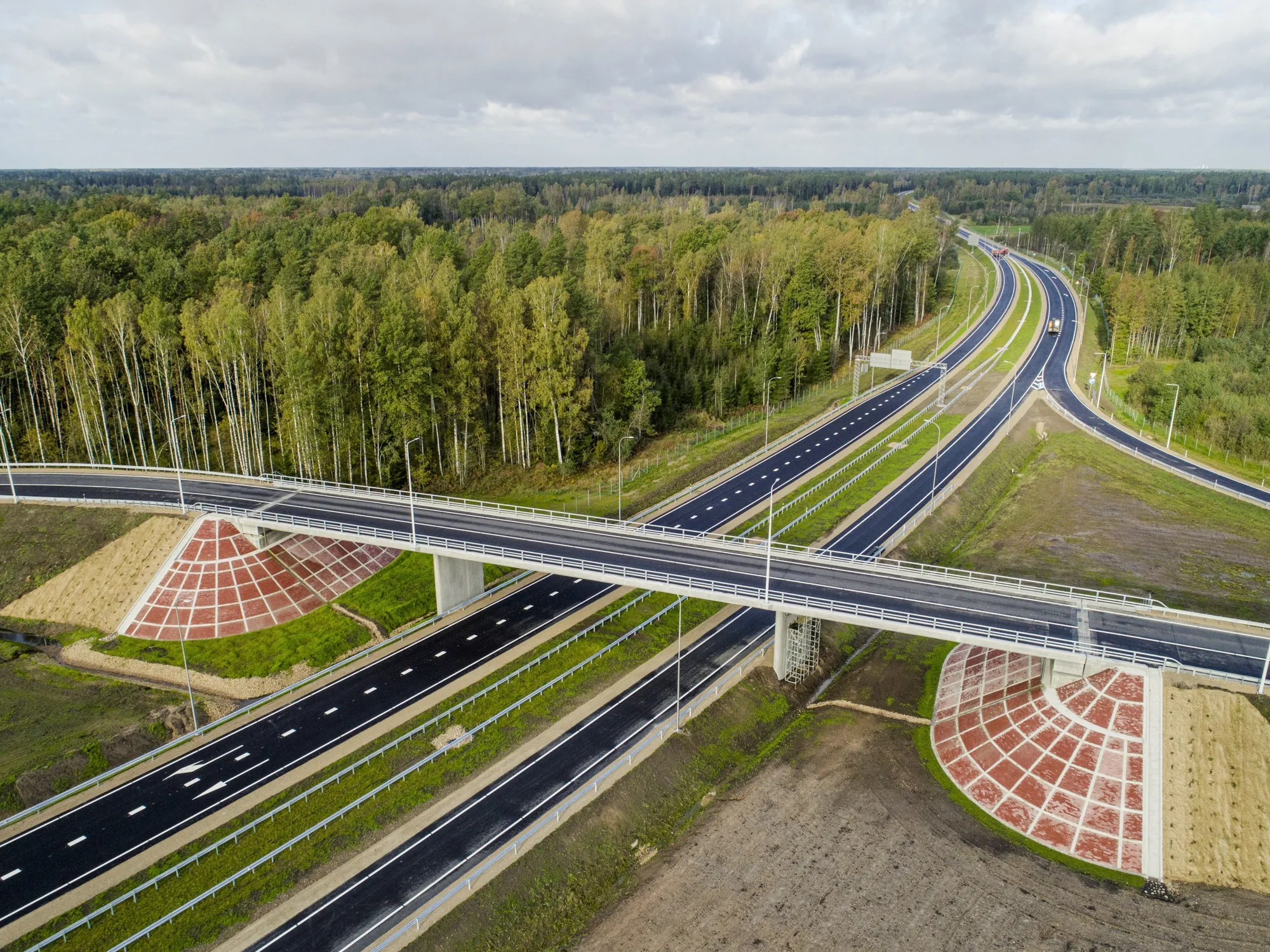Kapsch TrafficCom has completed a successful trial of European Electronic Toll Service (EETS) in Poland and demonstrated its capacities to a group of the key European toll providers. This demonstration is the first time that all the EETS standards, including the standards for the on-board unit (OBU), security, the system architecture and the back office, from the European Commission’s own EETS Application Guide, have been implemented in a single system and work seamlessly.
May 28, 2013
Read time: 2 mins
EETS is based on the interoperability directive and the EETS Decision, which aim to ensure interoperability of tolling services across the whole
Kapsch installed its viaToll electronic tolling project in Poland in record time and started operations in July 2011. The system has already allowed the Polish General Directorate of National Roads and Motorways (GDDKiA) to collect sufficient revenues that the Polish road network is now self-funding. The toll collection system covers 2,200 kilometres of roads and is the first road charging system which is compatible with the EETS.
Field trials tested the compatibility of EETS-personalised OBUs with the viaToll system in Poland, and several EETS providers, including DKV, AS24, DVB Logpay, Euro Toll Service, Asfinag, Total, Telepass, Axxes, Trafineo and Eurowag attended the EETS demonstration day to study the viaTOLL system and its suitability for use.
“Thanks to our extensive expertise in ITS and strong local partners, we have been able to deliver and operate this EETS system that satisfies the highest quality demands and deliver benefits to toll operators”, explains Erwin Toplak, COO at Kapsch TrafficCom. “We are confident and well prepared for EETS.”.









